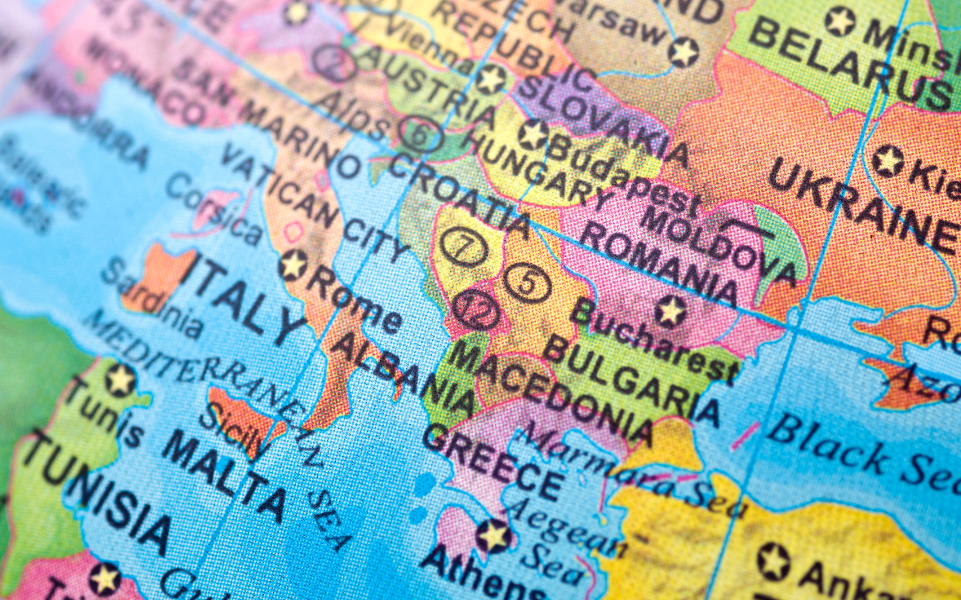
The Balkan region represents a dynamically developing market in the gambling sector, characterized by significant legislative changes, revenue growth, and increasing attention from international operators. George Mamulaishvili, the head of the Georgian Gambling Association (GGA), presents a detailed overview of the state of gambling in the key countries of the Balkan Peninsula, including statistics, analysis of legal loopholes, and the benefits of industry legalization.
Albania
In February 2024, the Albanian Parliament adopted Law No. 18/2024, which lifted the five-year ban on sports betting introduced in 2019. According to the new law, the number of online sports betting licenses is limited to ten, and these licenses are granted through a competitive process. Companies must meet the following criteria:
Market Statistics:
In 2025, gambling revenue in Albania is expected to reach USD 202.85 mln, with an expected compound annual growth rate (CAGR) of 3.43% from 2025 to 2029.
Legislative Issues:
Benefits of Legalization:
Bulgaria
In May 2024, Bulgaria enacted amendments to the Gambling Act, introducing an almost complete ban on gambling advertising in the media and online platforms. Violations are subject to fines ranging from BGN 30,000 to 50,000 (from USD 17,500 to 29,000).
The law prohibits gambling advertisements on television, radio, print, and electronic media, including websites. The only exception is the broadcasting of the state sports lottery. Billboards are allowed, but only if they are located at least 300 meters from schools, kindergartens, and universities, and on gaming hall facades and sports facilities (excluding children’s areas).
At least 10% of each advertisement must contain a warning about the risks of gambling addiction. Additionally, the law prohibits gambling machines and casinos in settlements with fewer than 10,000 residents, except for national resorts and border areas.
Although aimed at reducing the impact of gambling on society, especially on youth, media organizations and operators express concern that these restrictions could negatively affect their financial sustainability and lead to an increase in the use of unlicensed websites.
Market Statistics:
Legislative Issues:
Benefits of Legalization:
Serbia
The Serbian gambling market has shown significant growth, especially in the online segment. In 2024, the market revenue reached USD 142.9 million, with a CAGR of 5.41%.
Market Statistics:
Legislative Issues:
Benefits of Legalization:
North Macedonia
In February 2024, the North Macedonian Parliament passed amendments to the gambling law prohibiting the placement of gambling facilities within 500 meters of schools. Operators have one year to relocate or close such facilities.
The reform aims to protect young people from the harmful effects of gambling. However, gambling operators and associations argue that these restrictions could lead to job losses and an increase in illegal gambling.
The amendments also include increased licensing fees:
Notably, President Stevo Pendarovski initially refused to approve the changes and sent them back for revision.